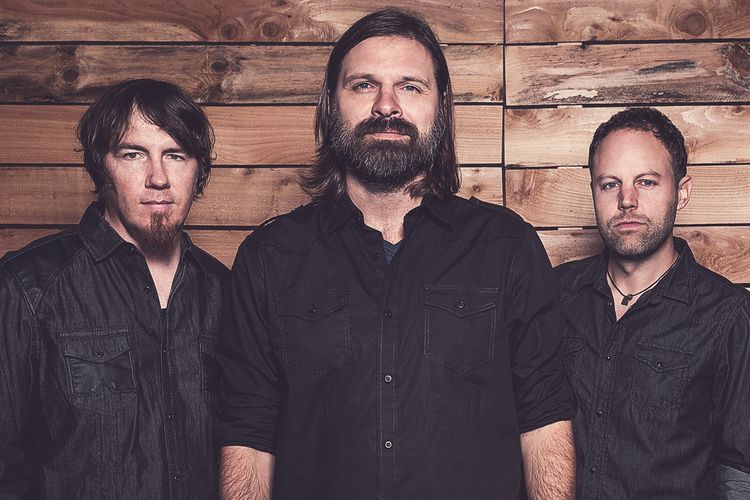
Today in the town of David a Savior has been born to you he is the Messiah, the Lord. I bring you good news that will cause great joy for all the people. But the angel said to them, “Do not be afraid. An angel of the Lord appeared to them, and the glory of the Lord shone around them, and they were terrified. And there were shepherds living out in the fields nearby, keeping watch over their flocks at night. She wrapped him in cloths and placed him in a manger, because there was no guest room available for them. While they were there, the time came for the baby to be born, and she gave birth to her firstborn, a son. He went there to register with Mary, who was pledged to be married to him and was expecting a child. Luke 2:4-12: “ So Joseph also went up from the town of Nazareth in Galilee to Judea, to Bethlehem the town of David, because he belonged to the house and line of David. The song reflects on the night of Jesus’ birth, as cataloged in Luke 2. Thanks to Dwight and the covert efforts of the lyrics being sung during Christmas in Europe, the song’s notoriety spread worldwide, rumored to have been even sung on Christmas Eve during the Franco-Prussian War. Dwight particularly identified with the third verse which spoke about breaking the chains of slavery and seeing every man as our brother. Nevertheless, the lyrics and music made its ways to America through abolitionist John Sullivan Dwight. The church in France condemned the work due to this.

The song was initially titled, “Cantique de Noel.” Although the church in France initially accepted the carol, Cappeau was later swayed by socialist propaganda and walked away from his faith. He enlisted the help of his Jewish friend Adolphe Charles Adams to aid in the composition of the music. When asked to pen a poem for his parish’s Mass that Christmas, composer Placide Cappeau thought about the birth of Jesus, as cataloged in the Gospel of Luke, as he wrote the lyrics. But the song stirred a lot of controversy in the church, to the point where it was banned. ‘O Holy Night’ had its origins in the mid-1800s in France. He knows our need, to our weaknesses no stranger,Ĭhrist is the Lord! O praise His Name forever, The King of Kings lay thus in lowly manger Here come the wise men from the Orient land.

So led by light of a star sweetly gleaming, With glowing hearts by His cradle we stand. Led by the light of Faith serenely beaming, O night divine, O night when Christ was born

Till He appear'd and the soul felt its worth.Ī thrill of hope, the weary world rejoices,įor yonder breaks a new and glorious morn.įall on your knees! O hear the angel voices! Long lay the world in sin and error pining, It is the night of our dear Saviour's birth.

O holy night! The stars are brightly shining, Perhaps a soprano, or in some cases, a tenor has graced the halls of worship with ‘ O Holy Night’ and its wonderful lyrics.īut what do we know about the origin and story of how this song came about? The song was composed by French poet Placide Cappeau in 1843 In this article, we’ll discover the beautiful meaning behind the song and how he came to write the lyrics, and how God can use anyone, be it a Jewish musician or a man who walked away from his faith, to still spread the good news of our Savior's birth. No doubt, many of us have had the delight of hearing this beautiful tune in our sanctuary or on the radio near the time of Christmas.


 0 kommentar(er)
0 kommentar(er)
